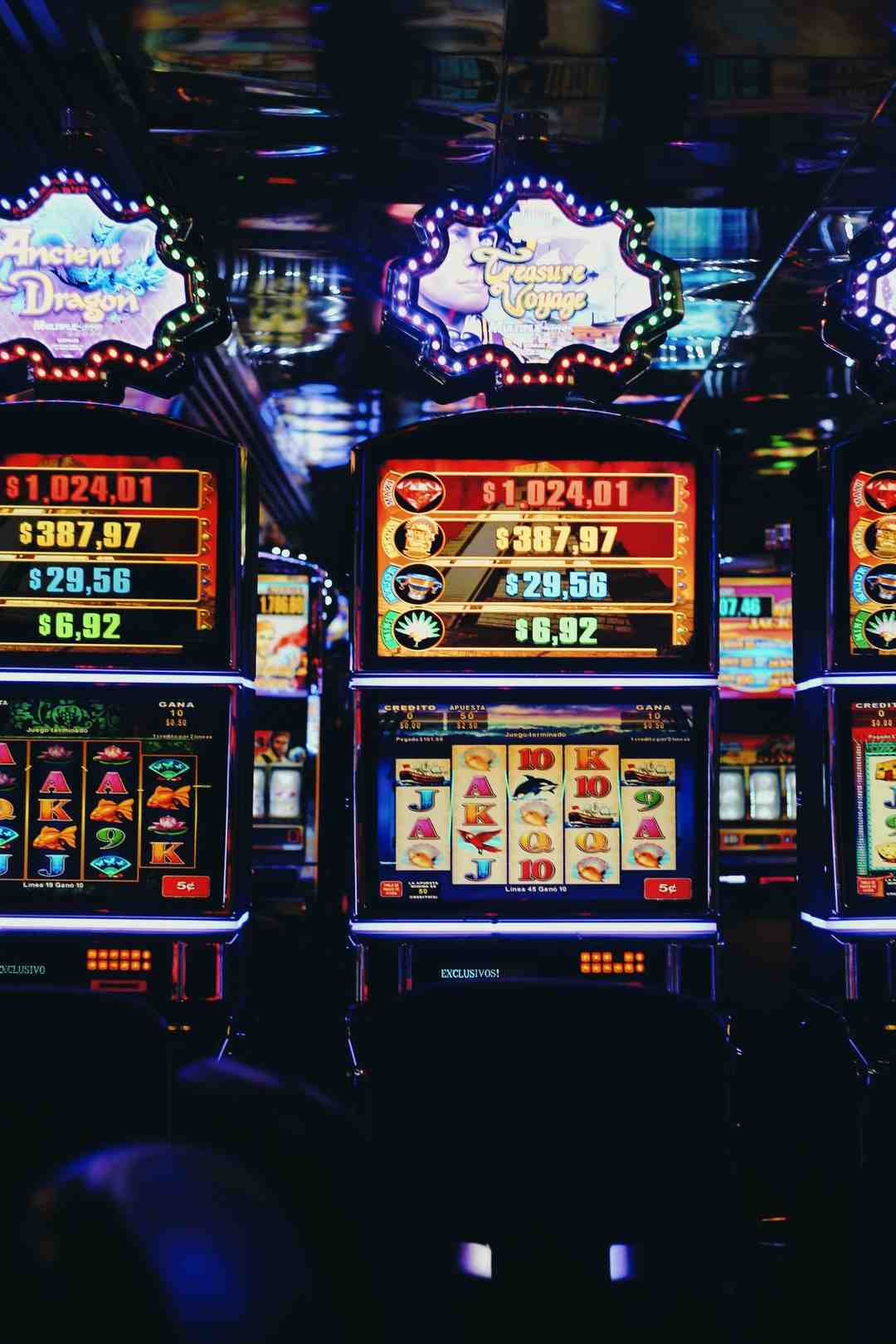
Casino activities have enthralled players for ages, luring them into a realm of adventure, chance, and fortune. From the sparkling lights of gambling machines to the strategic intensity of card tables, these activities offer a distinct mixture of amusement and hazard. However, underneath the facade of this glitz and style lies a complex relationship of mathematics that determines every conclusion and action made within the casino.
Grasping this connection between casino games and math not just boosts the player’s journey but also can help players make knowledgeable choices. Whether you are a casual punter or a passionate enthusiast, recognizing the math concepts at play can provide important knowledge into probability, probabilities, and tactics, eventually shaping how one deals with these games of chance.
Arithmetic Probability in Betting
In the sphere of casino games, mathematical probability plays a critical role in assessing results and guiding gambler choices. Every game has a unique set of regulations and a specific likelihood model that shapes its mechanics. For instance, in activities like the roulette wheel, players must grasp the chances of hitting a particular number or shade. The likelihood of specific events happening can be assessed, and this understanding can substantially influence betting strategies.
Players also need to be informed of the casino edge, which is the mathematical benefit that gambling establishments hold over players in the long term. This advantage differs across various games. In 21, skilled players can use strategies to minimize the casino advantage to as low as 1 %, while in games like slot machines, the casino edge can be significantly greater. Comprehending the casino advantage allows gamblers to make informed choices about which games to participate in and how much to bet.
Additionally, probability is crucial in the principle of risk versus reward in gambling. Every bet carries a specific danger factor, and players must evaluate the possible payout against that risk. Activities like the poker game require players to not only assess the odds of their personal showing winning but also to evaluate the likelihoods of their opponents’ hands. By applying mathematical principles to their gameplay, players can improve their odds of success and participate more strategically in the exciting world of gambling games.
Expected Value in Gambling Activities
When talking about gambling games, one of the basic ideas rooted in mathematics is the anticipated value. This statistical metric assists players grasp the potential results of their bets over a period. In basic terms, expected worth (EV) determines the mean amount a player can anticipate to gain or suffer per bet if they were to play the activity repeatedly. Each game has its own EV, affected by the odds and the casino advantage, which indicates the advantage that the gambling establishment holds.
For example, think of a game like the roulette game. The anticipated worth can be derived based on the specific bet made. If a gambler bets on a individual number, the payout is 35 to 1, but the true odds of success that wager are 1 in 37 (in European the roulette game). This results in a detrimental anticipated value, showing that, on the whole, gamblers will incur a loss money over time when playing this kind of wager. Understanding this concept allows players to make more educated choices about which games and bets may be more favorable.
Moreover, the exploration of expected worth can lead to better money management. Players who understand the math behind their activities are often able to set realistic expectations. By recognizing their potential losses and profits, they can adjust their gambling strategies appropriately, which may improve their overall gambling experience overall. As a result, expected worth serves as a critical tool for both beginner and experienced players to steer through the frequently unpredictable nature of gambling activities.
Tactics and Odds: The Mathematics Behind Winning
In gambling games, understanding the chances is crucial for participants seeking to maximize their chances of success. Each activity has its own unique set of chances that establish successful results, and these figures are often presented in the rules of the game guidelines or reward charts. non UK casinos site For case, in activities like blackjack, gamblers can improve their odds through strategies such as tracking cards, which is based on mathematical principles to gain an upper hand over the house. By acquainting themselves with the probabilities, gamblers can make more informed choices on when to wager and when to quit.
Furthermore, the concept of average value has a critical role in casino strategies. Expected value determines the average outcome of a bet over time, allowing players to judge whether a particular wager is justifiable taking. For example, slot machines have a set payout percentage, which can indicate the expected payout a player can look for on their bets. By choosing activities with higher expected values, players can minimize the house advantage, enhancing their future winnings in the over time.
Lastly, successful players often utilize a blend of chance and mathematical strategy to enhance their gaming experience. While luck is unpredictable, managing a staking plan based on math insights can lead to more positive results. By making use of techniques such as budgeting and picking games, participants can leverage mathematics to handle the random nature of casino games, making the most of their investments and investments at the tables.